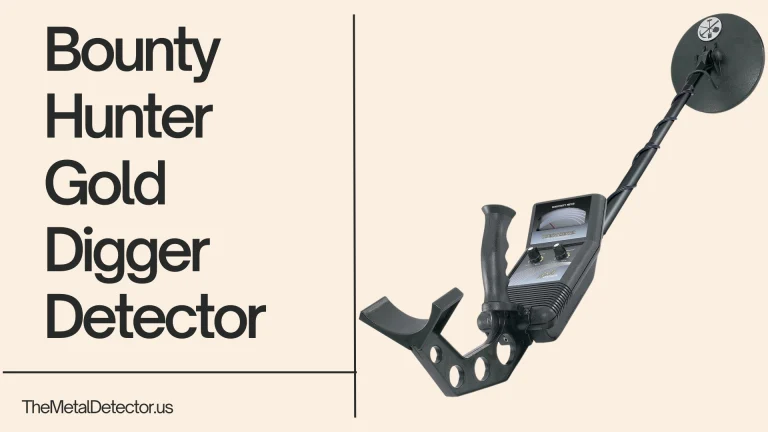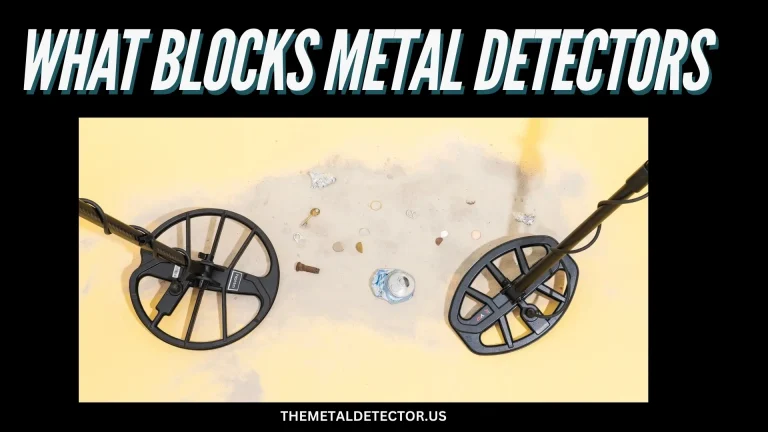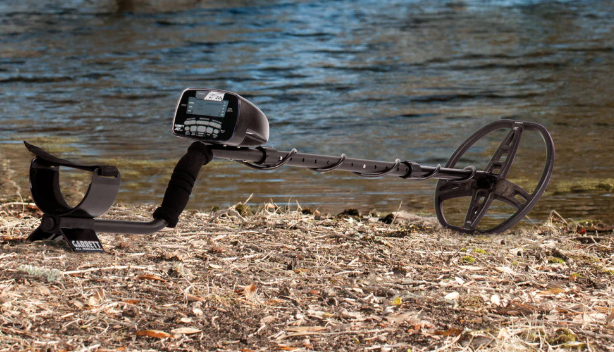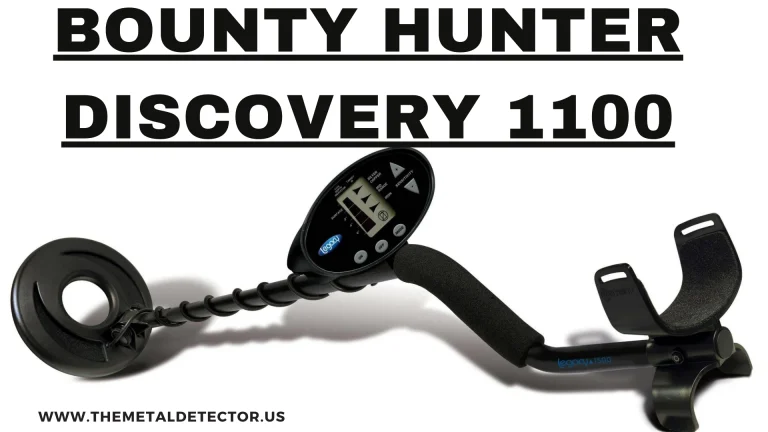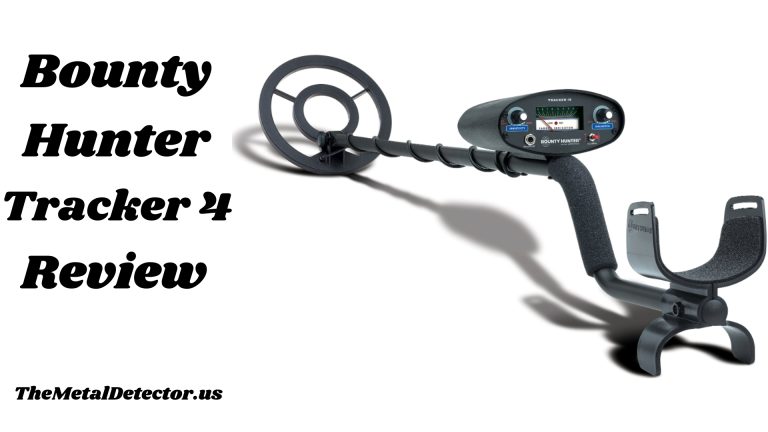Best Metal Detectors For Gold Finding in 2025 | Reviewed
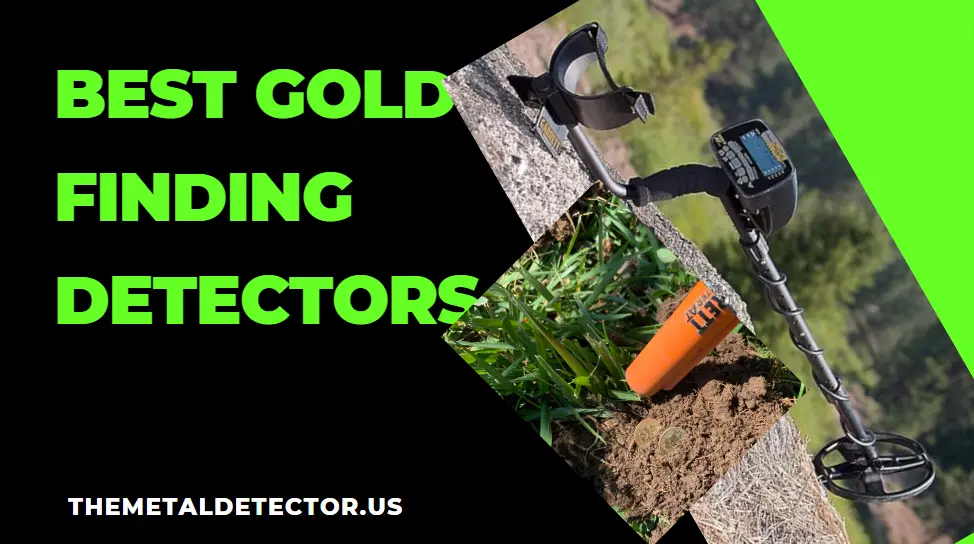
When it comes to gold detection, having a good metal detector in your hand can make your gold detection more precise and powerful. Having a handy metal detector with you on this adventure can make it more fun and fruitful. The best metal detectors for gold are so perfectly designed that they can find even small pieces of gold or coins in deep ground.
If you are a professional detectorist looking for a new metal detector or a beginner aiming to start your journey on significant nodes with a good metal detector, this article is undoubtedly for you. In this article, I will share my experience with the top metal detectors that helped me find gold nuggets and coins. So, let’s begin!
List of The Best Metal Detectors for Gold Detecting
Here is a list of the best metal detectors, which can be your true companion in finding precious gold nuggets, coins, etc.
Find Out the Top 30 Spots where you can detect metals.
Reviews of the Best Gold Finding Metal Detectors
Here are my reviews on the best metal detectors for gold. In these reviews, I share my experience with these detectors. After reading these reviews, I am sure you will find the one that helps you find gold nuggets and coins.
Minelab GPZ 7000 Gold Metal Detector: The Best Overall
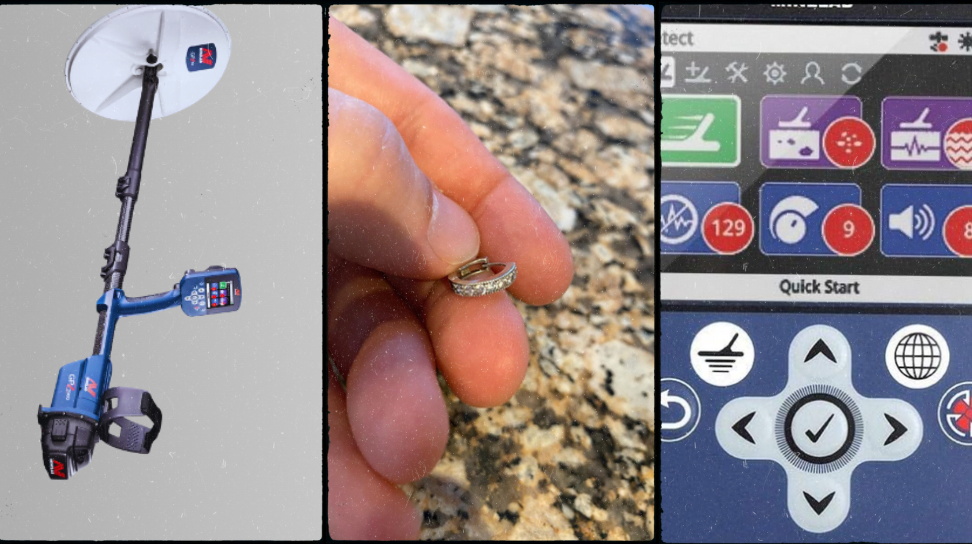
The Minelab GPZ 7000 is a top-tier metal detector that sets the gold standard for finding gold. Using the Minelab GPZ 7000 is like having a treasure map in my hands. I have taken it to some of the most challenging areas, and it has consistently outperformed other detectors.
The depth capability is astonishing. I have found gold nuggets in areas that have been heavily inspected before. It proves that this detector goes where others can’t. The weight is a downside, especially on long detectings, but the results make it worth it. If you are serious about finding gold, the GPZ 7000 is an investment that pays off.
Check the best metal detectors for beginners.
| Feature | Details |
|---|---|
| Technology | Zero Voltage Transmission (ZVT) |
| Operating Frequency | Multi-frequency |
| Maximum Depth | 1 meter |
| Weight | 3.32 kg (7.32 lbs) |
| Waterproof | Waterproof coil, up to 1 meter |
| Battery Life | Up to 8 hours |
| Ground Balance | Automatic and Manual |
Pros
Cons
Minelab SDC 2300 Gold Metal Detector: Best for Extreme Conditions
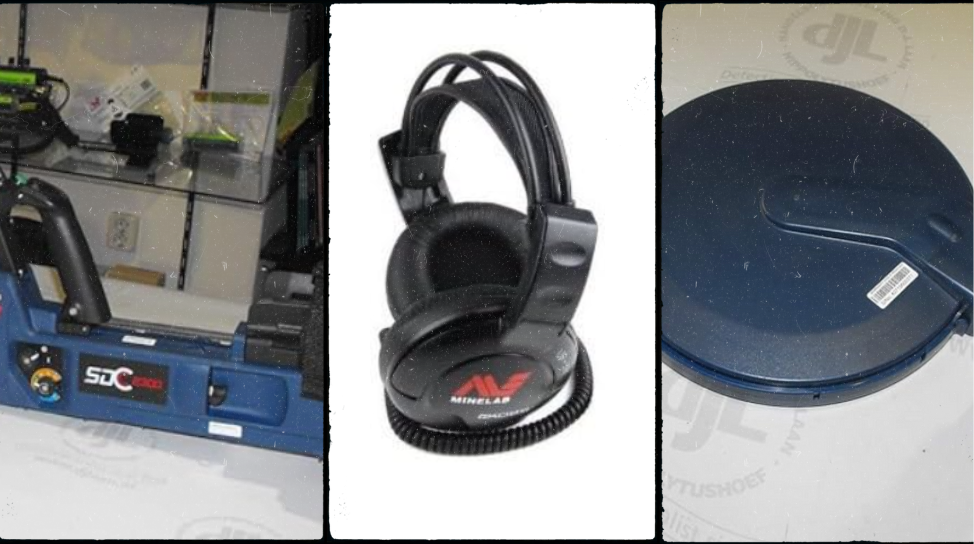
The Minelab SDC 2300 is a compact, rugged, highly effective metal detector designed to find gold. The Minelab SDC 2300 is my go-to detector when I need something lightweight and reliable. I’ve used it in different places, from dry deserts to wet riverbanks, and it has always worked well.
Its ability to find small gold pieces that other detectors miss is impressive. The waterproof feature gives me the confidence to search in places other detectors might avoid. It’s straightforward to use, making it perfect for quick detecting or as a secondary detector.
While it doesn’t offer the depth of higher-end models like the GPZ 7000, its performance on small nuggets is outstanding.
Check Out Our Latest Article on Do Metal Detectors Detect Vapes
| Feature | Details |
|---|---|
| Technology | Pulse Induction (PI) |
| Operating Frequency | 3 kHz |
| Maximum Depth | 3 meters |
| Weight | 2.5 kg (5.3 lbs) |
| Waterproof | Fully submersible up to 10 feet |
| Battery Life | Up to 8 hours |
| Ground Balance | Automatic |
Pros
Cons
Minelab Gold Monster 1000 Metal Detector: Best for Beginners
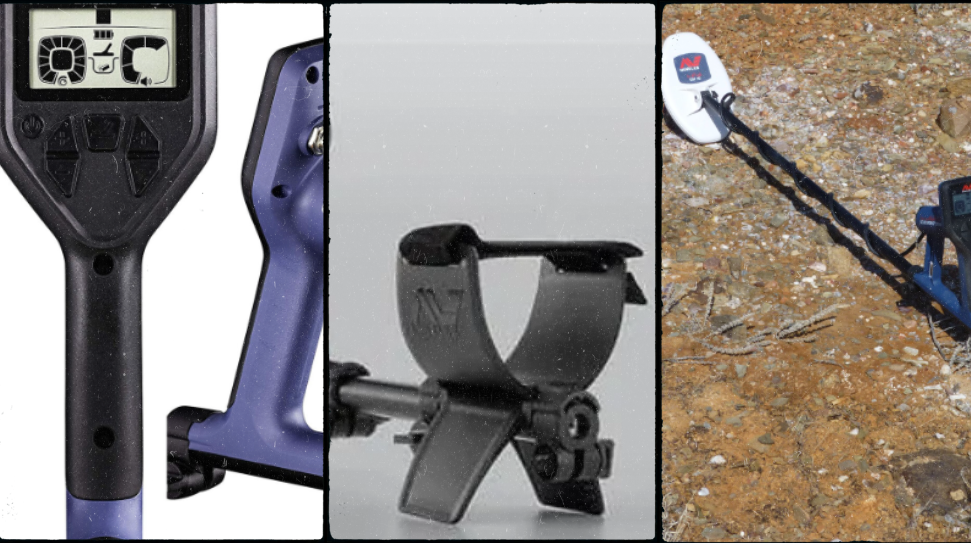
The Minelab Gold Monster 1000 is a metal detector designed for simplicity and effectiveness in gold detection. The Minelab Gold Monster 1000 is a fantastic option for those who are new to gold detecting or for anyone wanting a reliable, easy-to-use detector. I’ve found it to be particularly effective in areas with small, shallow gold nuggets. Its automatic ground balance is a huge plus point.
It allows me to focus on detecting rather than constantly adjusting settings. The lightweight design makes it comfortable to use for hours, and the simple interface means I can get started quickly without much setup. While it doesn’t have the depth of higher-end models, it excels at finding small gold pieces close to the surface.
For the price, it’s hard to beat the value the Gold Monster 1000 offers.
Buy the latest Garrett Ace 400 detector from this article
| Feature | Details |
|---|---|
| Technology | VLF (Very Low Frequency) |
| Operating Frequency | 45 kHz |
| Maximum Depth | 1 meter |
| Weight | 1.33 kg (2.94 lbs) |
| Waterproof | Waterproof coil |
| Battery Life | Up to 10 hours |
| Ground Balance | Automatic |
Pros
Cons
Nokta Makro Gold Kruzer Metal Detector: Best for Sensitivity
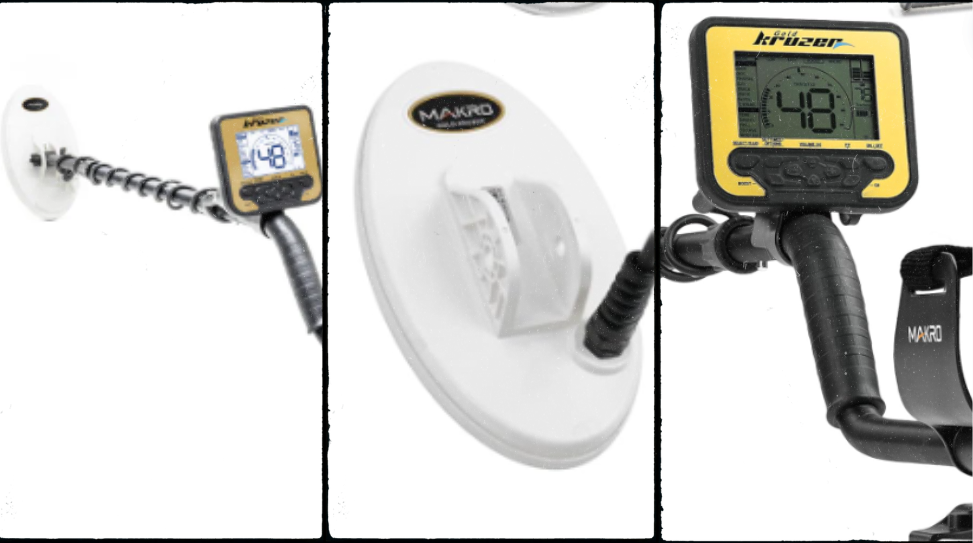
The Nokta Makro Gold Kruzer is a high-frequency metal detector specifically engineered to find gold. The Nokta Makro Gold Kruzer stands out for its incredible sensitivity and waterproof capabilities. I’ve used it extensively in rivers and streams, and it has consistently found small gold nuggets that other detectors missed.
The fully waterproof design gives me the confidence to search in areas others might avoid, and the long battery life means I can detect gold all day without worrying about running out of power. While it’s a bit more complex than some beginner models, its ability to adjust ground balance and sensitivity allows me to fine-tune it for different environments.
For those serious about finding small gold in challenging conditions, the Gold Kruzer is a reliable companion.
| Feature | Details |
|---|---|
| Technology | VLF (Very Low Frequency) |
| Operating Frequency | 61 kHz |
| Maximum Depth | 5 meters |
| Weight | 1.4 kg (3 lbs) |
| Waterproof | Fully submersible up to 5 meters |
| Battery Life | Up to 19 hours |
| Ground Balance | Automatic and Manual |
Pros
Cons
Garrett ATX Metal Detector: Best for Versatility
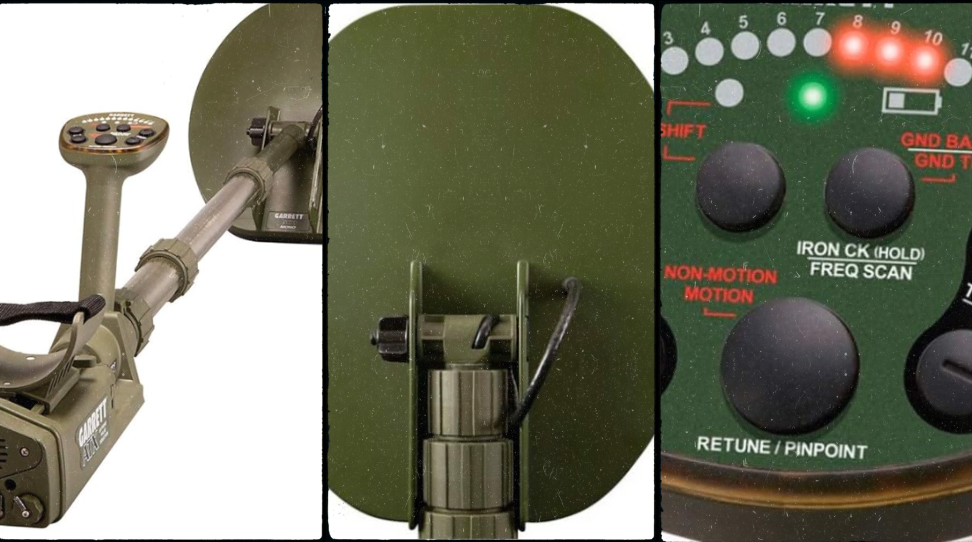
The Garrett ATX is a beast of a metal detector, especially when it comes to finding gold in challenging conditions. I’ve used it in highly mineralized areas where other detectors struggled, and the ATX performed exceptionally well. Its impressive depth capability allows me to find gold nuggets buried deeper than other metal detectors.
The ATX’s waterproof feature is a huge advantage. It enables me to search in rivers and along shorelines without hesitation. However, the ATX’s weight and complexity might be a drawback for some users. For those who are serious about deep gold detecting and need a detector that can handle any environment, the ATX is worth the investment.
| Feature | Details |
|---|---|
| Technology | Pulse Induction (PI) |
| Operating Frequency | 730 pulses per second |
| Maximum Depth | 3 meters |
| Weight | 2.5 kg (5.5 lbs) |
| Waterproof | Fully submersible up to 10 feet |
| Battery Life | Up to 10 hours |
| Ground Balance | Automatic and Manual |
Pros
Cons
Fisher Gold Bug Pro Metal Detector: Best for Gold and Relic Hunting
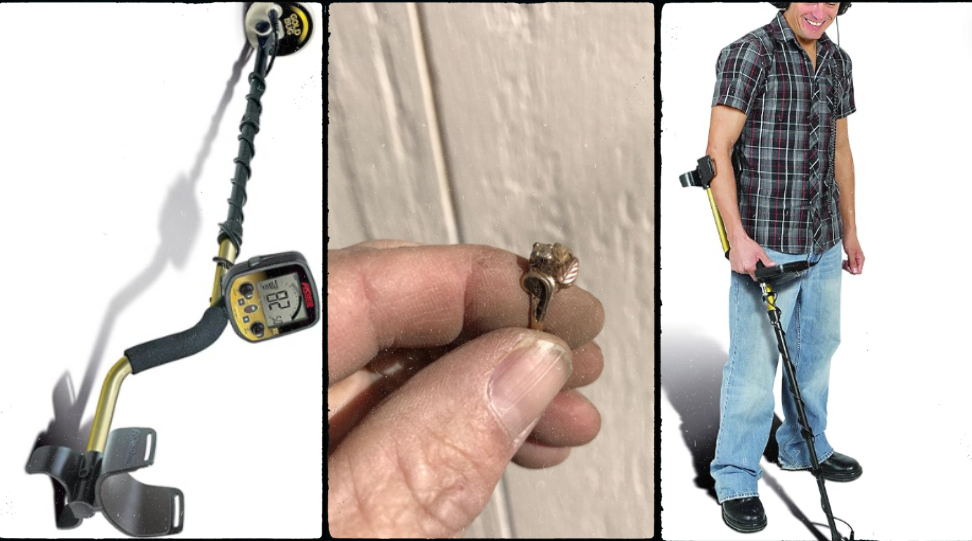
The Fisher Gold Bug Pro is a lightweight, user-friendly metal detector that is highly regarded for its ability to detect small gold nuggets. The Fisher Gold Bug Pro is one of my favorite detectors for quick and easy gold detecting. It is incredibly lightweight and straightforward to use.
This makes it perfect for both short trips and extended detecting sessions. I’ve found it to be highly effective in detecting small gold pieces in shallow ground, especially in less mineralized soils. The long battery life is a major plus point. It allows me to stay in the field for hours without worrying about power.
While it doesn’t have the depth or advanced features of some pricier models, the Gold Bug Pro delivers reliable performance. It is a fantastic option for anyone getting serious about gold prospecting.
| Feature | Details |
|---|---|
| Technology | VLF (Very Low Frequency) |
| Operating Frequency | 19 kHz |
| Maximum Depth | 0.5 meters |
| Weight | 1.27 kg (2.8 lbs) |
| Waterproof | Waterproof coil |
| Battery Life | Up to 25 hours |
| Ground Balance | Automatic and Manual |
Pros
Cons
Minelab GPX 6000 Gold Metal Detector: Best for Advanced Users
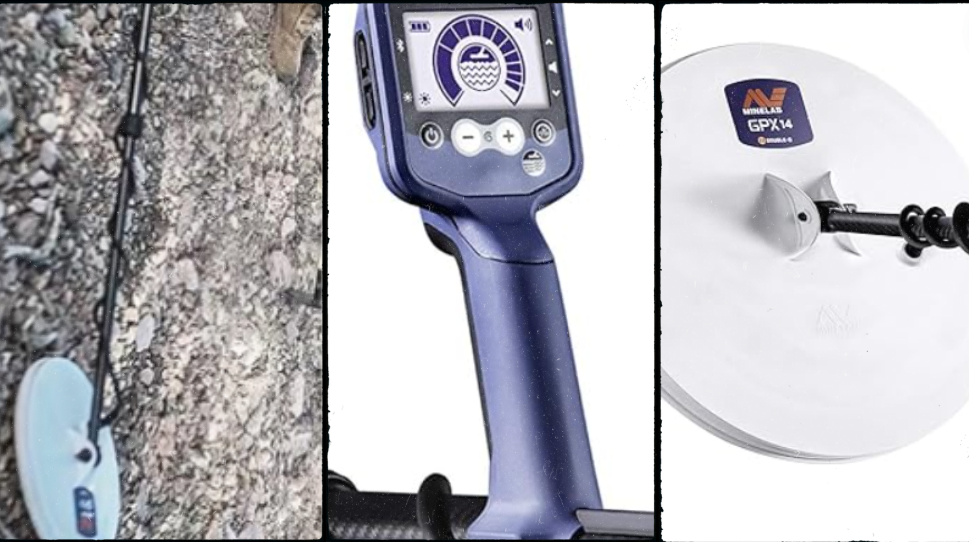
The Minelab GPX 6000 is one of the most advanced metal detectors available. The Minelab GPX 6000 is a game-changer in the world of gold detecting. I’ve used it in various environments, from mineralized grounds to hard-to-reach areas, and it consistently delivers exceptional results.
Its ability to detect gold at high depths gives me an edge, especially in well-searched areas where other detectors fall short. The lightweight design makes it more manageable during long detection days, which is a big plus. Although the price is a bit higher, the performance justifies the investment for serious gold hunters.
If you want the best technology available and don’t want to compromise on quality and features than Minelab GPX 6000 is specially for you.
| Feature | Details |
| Technology | GeoSense-PI (Pulse Induction) |
| Operating Frequency | Multi-frequency |
| Maximum Depth | 1.5 meters |
| Weight | 2.3 kg (5.1 lbs) |
| Waterproof | Waterproof coil |
| Battery Life | Up to 8 hours |
| Ground Balance | Automatic and Manual |
Pros
Cons
Garrett AT Gold Metal Detector: Best for Shallow Water Detecting
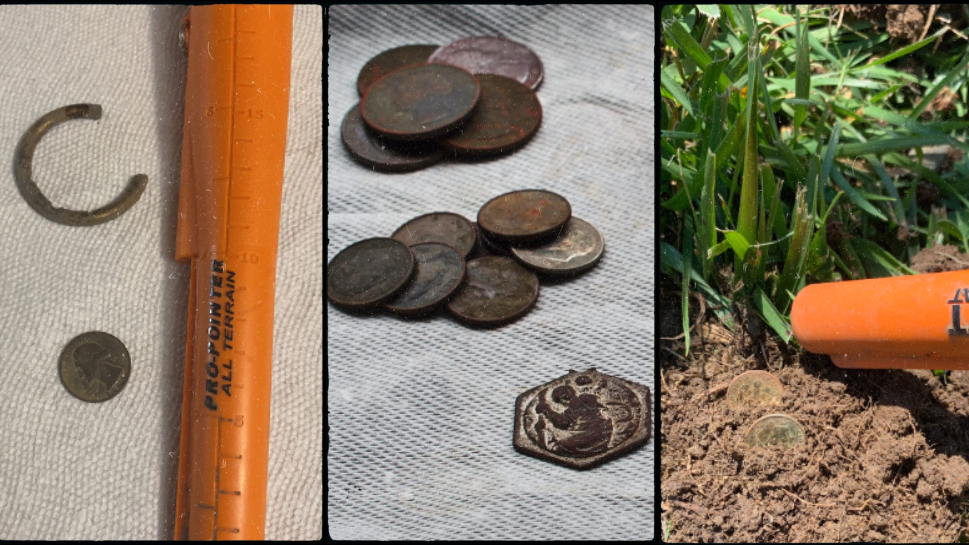
The Garrett AT Gold is a versatile and powerful metal detector which is known for its ability to perform well in a variety of environments, including highly mineralized soils. The Garrett AT Gold is one of the most reliable detectors I have used. I have taken it through a wide range of terrains, and it has consistently performed well, particularly in mineralized soils.
The fully waterproof design is a major advantage which allows me to search in streams and shallow waters without worry. It’s also very easy to use, with controls that are straightforward. The long battery life is another highlight, letting me stay out in the field longer. While it might not have the depth capabilities of some high-end detectors, it’s a strong contender for anyone looking for a solid, mid-range gold detector.
| Feature | Details |
|---|---|
| Technology | VLF (Very Low Frequency) |
| Operating Frequency | 18 kHz |
| Maximum Depth | 3 meters |
| Weight | 1.4 kg (3 lbs) |
| Waterproof | Fully submersible up to 10 feet |
| Battery Life | Up to 20-30 hours |
| Ground Balance | Automatic and Manual |
Pros
Cons
Garrett Gold Master 24k Metal Detector: Best for Handling Mineralized Soils
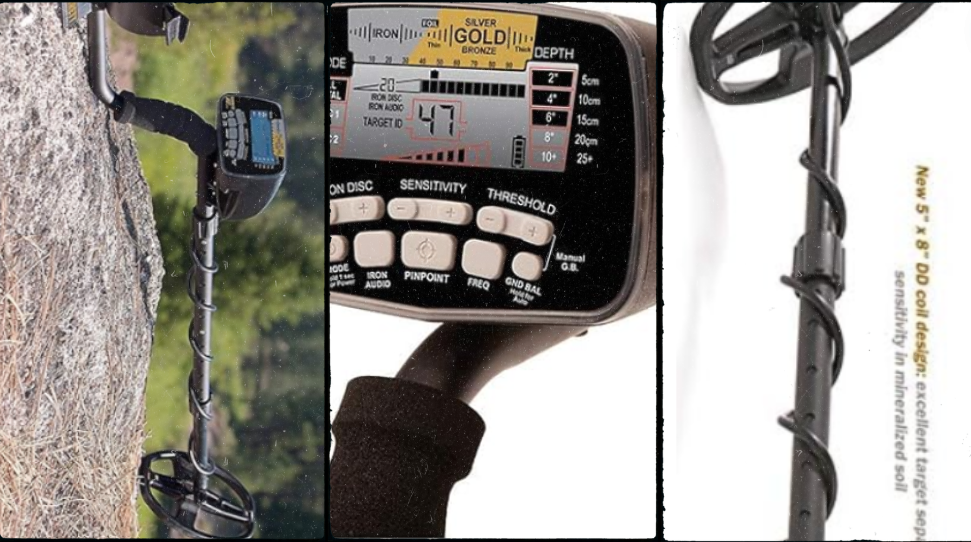
The Garrett Gold Master 24k is an excellent detector for those looking to find small gold nuggets. I’ve used it in several mineralized areas, and it has consistently delivered precise results. The high frequency makes it particularly good at picking up tiny gold pieces that other detectors might miss.
The lightweight design is a big plus point, allowing me to detect for hours without feeling fatigued. It’s also very easy to operate, with both automatic and manual ground balancing options. While it doesn’t offer the depth or advanced features which are available in some other detectors, it’s a solid choice for anyone focused on finding small gold nuggets at an affordable price.
| Feature | Details |
|---|---|
| Technology | VLF (Very Low Frequency) |
| Operating Frequency | 48 kHz |
| Maximum Depth | 0.5 meters |
| Weight | 1.27 kg (2.8 lbs) |
| Waterproof | Waterproof coil |
| Battery Life | Up to 20 hours |
| Ground Balance | Automatic and Manual |
Pros
Cons
Fisher Gold Bug 2 Metal Detector: Best for Ultra-High Frequency
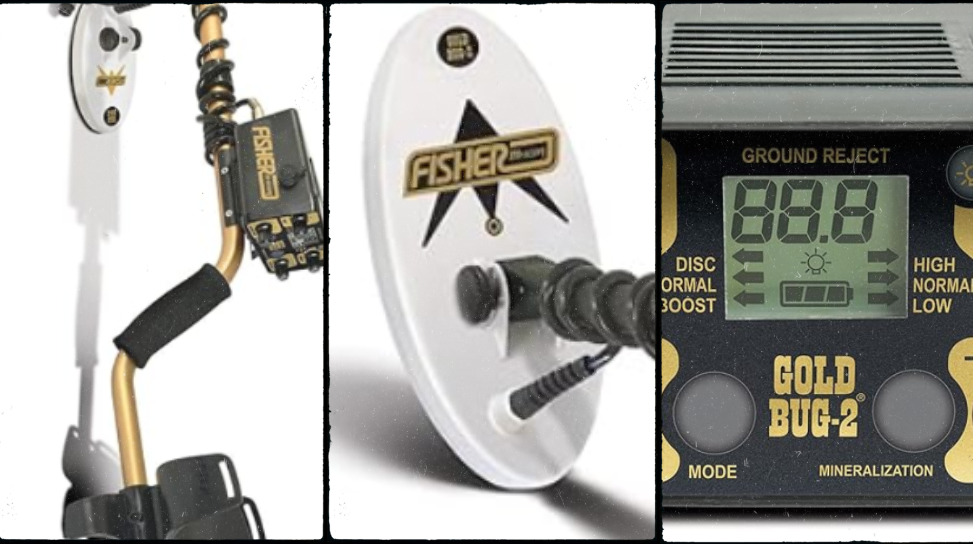
The Fisher Gold Bug 2 has earned its reputation as one of the best detectors for small gold nuggets. I’ve used it in some of the most mineralized areas, and its sensitivity to tiny gold pieces is unmatched. The lightweight design makes it a pleasure to use, even on long detecting trips.
The manual ground balance requires some skill, as it allows for precise tuning in different environments. The long battery life is another strong point, ensuring I can detect gold without interruptions. Although it lacks depth compared to some modern detectors, the Gold Bug 2 remains a top choice for anyone focused on finding small, shallow gold deposits.
| Feature | Details |
|---|---|
| Technology | VLF (Very Low Frequency) |
| Operating Frequency | 71 kHz |
| Maximum Depth | 0.35 meters |
| Weight | 1.18 kg (2.6 lbs) |
| Waterproof | Waterproof coil |
| Battery Life | Up to 35 hours |
| Ground Balance | Manual |
Pros
Cons
XP Deus II Metal Detector: Best for Multi-Frequency Detection
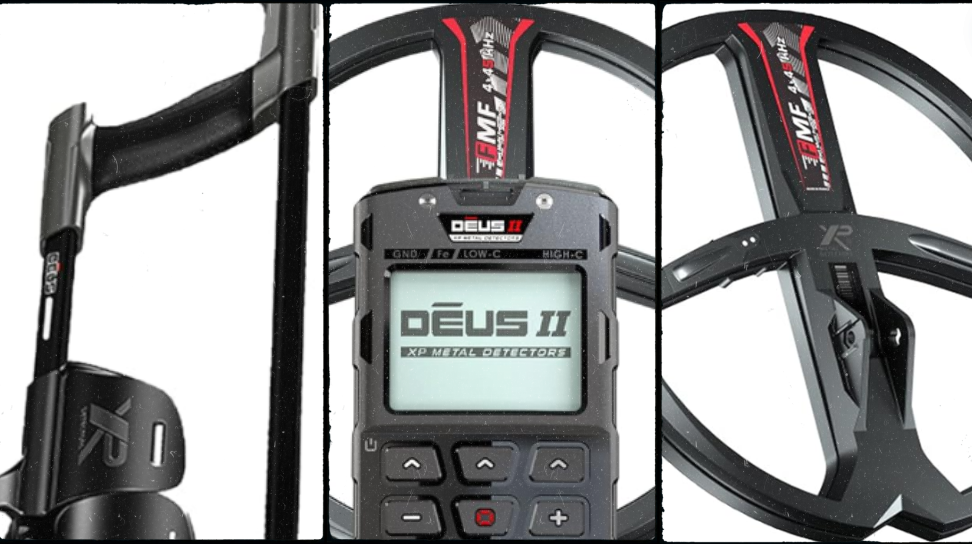
The XP Deus II is a revolutionary metal detector that offers unparalleled functionality and performance. I’ve used it across various environments, from mineralized soils to underwater searches, and it has consistently exceeded my expectations. The multi-frequency capability allows me to fine-tune the detector for different types of gold and soil conditions, giving me a significant advantage in the field.
The lightweight, wireless design is a game-changer, making long detecting sessions much more comfortable. Although the price and complexity may be a hurdle for some people, the Deus II is a top-tier choice for those who demand the best technology and performance in gold detecting.
| Feature | Details |
|---|---|
| Technology | FMF (Fast Multi-Frequency) |
| Operating Frequency | 4 kHz to 45 kHz |
| Maximum Depth | 20 meters |
| Weight | 0.75 kg (1.65 lbs) |
| Waterproof | Fully submersible up to 20 meters |
| Battery Life | Up to 20 hours |
| Ground Balance | Automatic and Manual |
Pros
Cons
Key Factors to Consider When Choosing a Gold Metal Detector
Price
Metal detectors for finding gold can vary widely in price. While it’s important to stay within budget, make sure the detector has the features you need. A good gold metal detector doesn’t have to be the most expensive, but it should have the right features for finding gold. Spending a little more on a quality detector can lead to better results.
Sensitivity
A good gold metal detector should be sensitive enough to find even the smallest gold pieces. This means it can detect tiny gold nuggets buried in the ground. Look for detectors that let you adjust sensitivity so you can search more effectively in different areas.
Discrimination
Discrimination helps the detector distinguish gold from other metals, like iron or aluminium. This feature is important because it saves your time by focusing only on valuable finds. A detector with good discrimination will help you avoid digging up trash.
Ground Balance
Gold is often found in soil with lots of minerals. These minerals can confuse a metal detector. Ground balance is a feature that helps the detector ignore these minerals and focus on gold. A good gold detector should adjust easily to different types of soil so you get accurate results.
Frequency
The frequency of a metal detector is important for finding gold. Higher frequencies are better for detecting small gold pieces. A good gold detector usually operates at a higher frequency, which helps you find smaller nuggets that other detectors might miss.
Easy to Carry
When searching for gold, you might need to hike to remote places. That’s why a good gold metal detector should be lightweight and easy to carry. It should also be able to handle rough conditions without breaking.
Ease of Use
A good gold metal detector should be easy to use. The controls should be simple, even for beginners. Some detectors come with preset modes, making them ready to use immediately. Choose one that’s easy to understand so you can focus on finding gold.
Conclusion
Choosing the right metal detector is key to finding gold. Each detector has its strengths. Some are best for tiny gold nuggets in tough soils. Others excel at reaching deeper targets. The Best metal detectors for gold cover all the needs.
By choosing the suitable detector, you’ll improve your chances of success and enjoy the detection more. Gold is out there, and with the right equipment, you can find it. Make an informed choice, and you’ll be on your way to striking gold.

